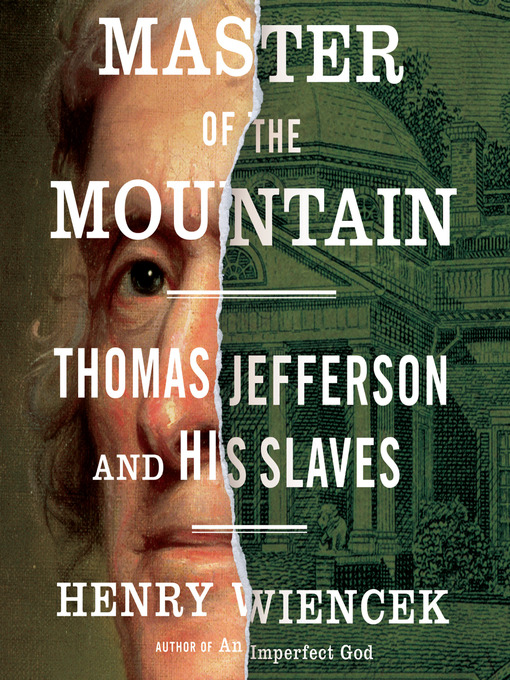-
Description
-
Creators
-
Details
-
Reviews

- Henry Wiencek - Author
- Brian Holsopple - Narrator
OverDrive Listen audiobook
- ISBN: 9781611749908
- File size: 318374 KB
- Release date: October 16, 2012
- Duration: 11:03:16
MP3 audiobook
- ISBN: 9781611749908
- File size: 319161 KB
- Release date: October 16, 2012
- Duration: 11:03:12
- Number of parts: 11

Loading
Formats
OverDrive Listen audiobook
MP3 audiobook
subjects
Languages
English
Levels
Lexile® Measure:1260
Text Difficulty:9-12
